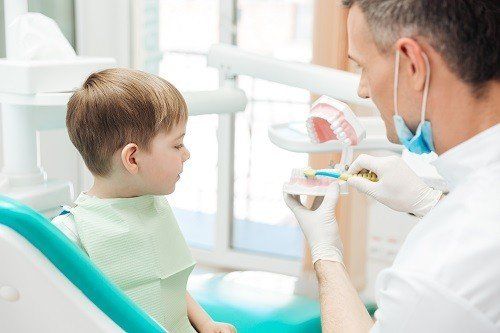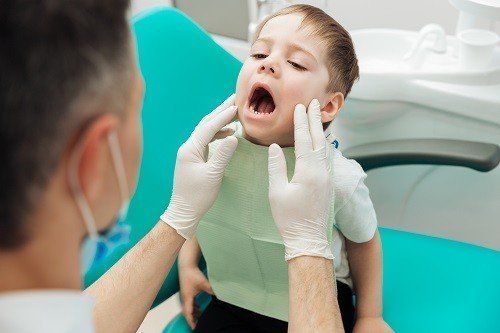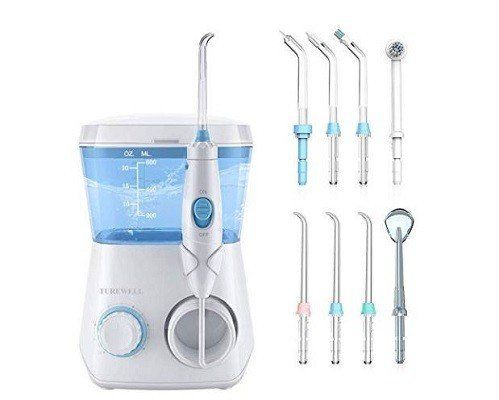Using Infant Fluoride Drops
Children are notorious for getting cavities. If there is something with sugar around, you know they are going to get their hands on it. While their toothpaste does have fluoride in it, sometimes that just is not enough to keep their teeth healthy. At times, asking your dentist if fluoride drops can be helpful will address this issue.
The Many Forms of Fluoride
When it comes to prescription fluoride solutions, they will come in many forms. For older children and adults, this is generally done with a toothpaste, gel, or mouth rinse. For smaller children, though, including infants, the recommendation from the American Dental Association (ADA) is for the fluoride to be dispensed via supplemental tablets or with drops being added to water or some other liquid. This allows the fluoride to be released into the saliva, which helps to fortify the teeth, making them stronger and more decay resistant.
Why Use Fluoride Drops for Infants?
Even though an infant will eventually lose his or her “baby” teeth, the permanent teeth are also forming. You also don’t want the baby teeth to get decayed and fall out too early. For those that reside in areas where the water supply does not have an adequate supply of fluoride in it, drops can be used to supplement to ensure the teeth are being cared for properly. Public water supplies are monitored by the U.S. Department of Health and Human Services and levels are generally readily available on local government websites.
Distributing the Fluoride Drops
The first step to getting fluoride drops, or the better phrase would be to see if you need them, is to check fluoride levels in the local water supply. Once you do this, make your dentist aware of the levels to see if drops are needed.
Like most “medications,” liquid fluoride should be given to the children with food so as not to upset their digestive system. In most cases, you will only have to add the drops to their drink once a week. Additionally, it is important to know that doctors usually recommend waiting until the child is at least two years old before using fluoride drops.
Have you taken your toddler to see a dentist yet? Are you concerned about fluoride levels in the local drinking supply and think you made need to use fluoride supplements? If you need to see a Powell, OH dentist , the Sampson Dental Group is accepting new patients. For more information about our services or to make an appointment, please click here.











